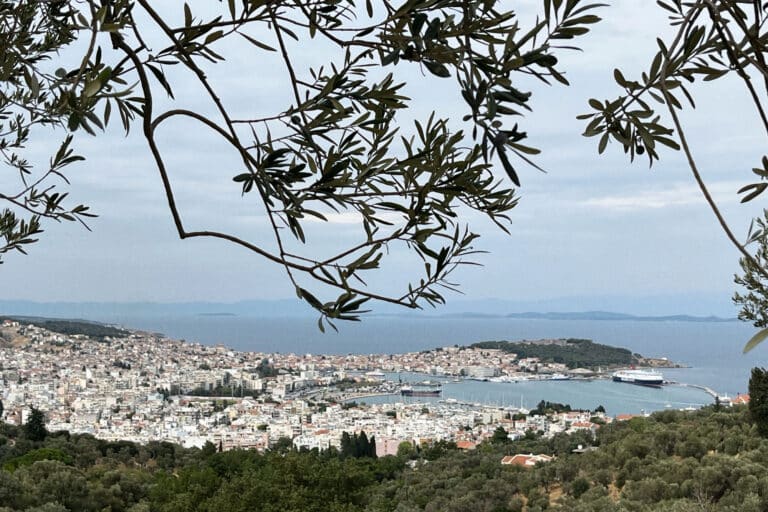CPTnet
10 July 2015
INDIGENOUS PEOPLES SOLIDARITY: IPS team
supports Anishinaabe Water Walk from Eagle Lake to Shoal Lake, Treaty 3
 Push 1.1 million barrels of diluted bitumen (tar sands oil) from Hardisty, Alberta to St. John,
Push 1.1 million barrels of diluted bitumen (tar sands oil) from Hardisty, Alberta to St. John,
New Brunswick through a 40-year old natural gas pipeline. What could go
wrong?
On 3 August Anishinaabe walkers and their allies
will begin walking on the eastern edge of Treaty 3 territory at Eagle Lake
First Nation and proceeding along Transcanada’s proposed Energy East pipeline
to Shoal Lake, Ontario. The five-day walk is planned by the Grassroots
Indigenous Water Defence (GIWD) to draw attention to
the threat TransCanada, Inc project poses to the water and mobilize people in
surrounding Anishinaabe communities.
“Transcanada’s pipeline is going through the
process of consultation and approvals to push the oil through these
lands,” said GIWD organizer and Grassy Narrows First Nation’s environmental
advocate, Judy da Silva, at this year’s World Water Day in Kenora, ON. “These
are the kind of serious water issues people need to look at in Kenora and in
Treaty 3 if they want to keep the water pristine for the future generations.”
The risk of spills and leaks
posed by the Energy East pipeline is of particular concern in Anishinaabek
territory of Treaty 3, which has 30% of Ontario’s fresh water and supplies
Winnipeg with its drinking water. The rocky and hilly terrain of this
region will make it especially hard to reach bitumen spills and leaks,
which is why GIWD is organizing to stop Energy East.
“Our ways of life on our Indigenous homelands
and our waters are at risk of being contaminated by the oil industry and
TransCanada’s Energy East pipeline, which is dangerous for the survival of our
children’s and grandchildren’s futures,” states the GIWD brochure for the
Anishinaabe Water Walk. “As Indigenous People we have a sacred connection and
responsibility to our lands and to our waters.”
Iskatewizaagegan is where the walk will conclude
and is one of the few First Nations in Treaty 3 that has vocally opposed the
Energy East pipeline. At a recent Council of Canadians forum on Energy East
held in Winnipeg, Chief Fawn Wapioke shared, “In some of our teachings, what
the water means to us is that water is life. When you’re looking at our law of
creation it means that in those oil sands, that’s where that oil is meant to
be.”
“What kind of place are we leaving for our
children? What can we do now today to ensure there is a place for them?” Chief
Wapioke, a GIWD supporter, asked the crowd of 300 people.
This spring, the Anishinaabek Grand Council of
Treaty 3 passed a resolution that prohibits the transport of bitumen through
their territory without free, prior, and informed consent. However, as
Indigenous climate campaigner Clayton Thomas-Muller noted at a Kenora forum
hosted by GIWD, grassroots mobilization like the Water Walk is essential to
saying “no” to Energy East.
A crowdfunding campaign has been set up to raise
money for the walk. GIWD seeks to involve as many people from surrounding communities
as possible and doesn’t want the cost of food, transport, or shelter to inhibit
participation. It is asking people to consider sponsoring meals or the cost of
a vehicle as a way to support
the Anishinaabe Water Walk from Eagle Lake to Shoal Lake.



